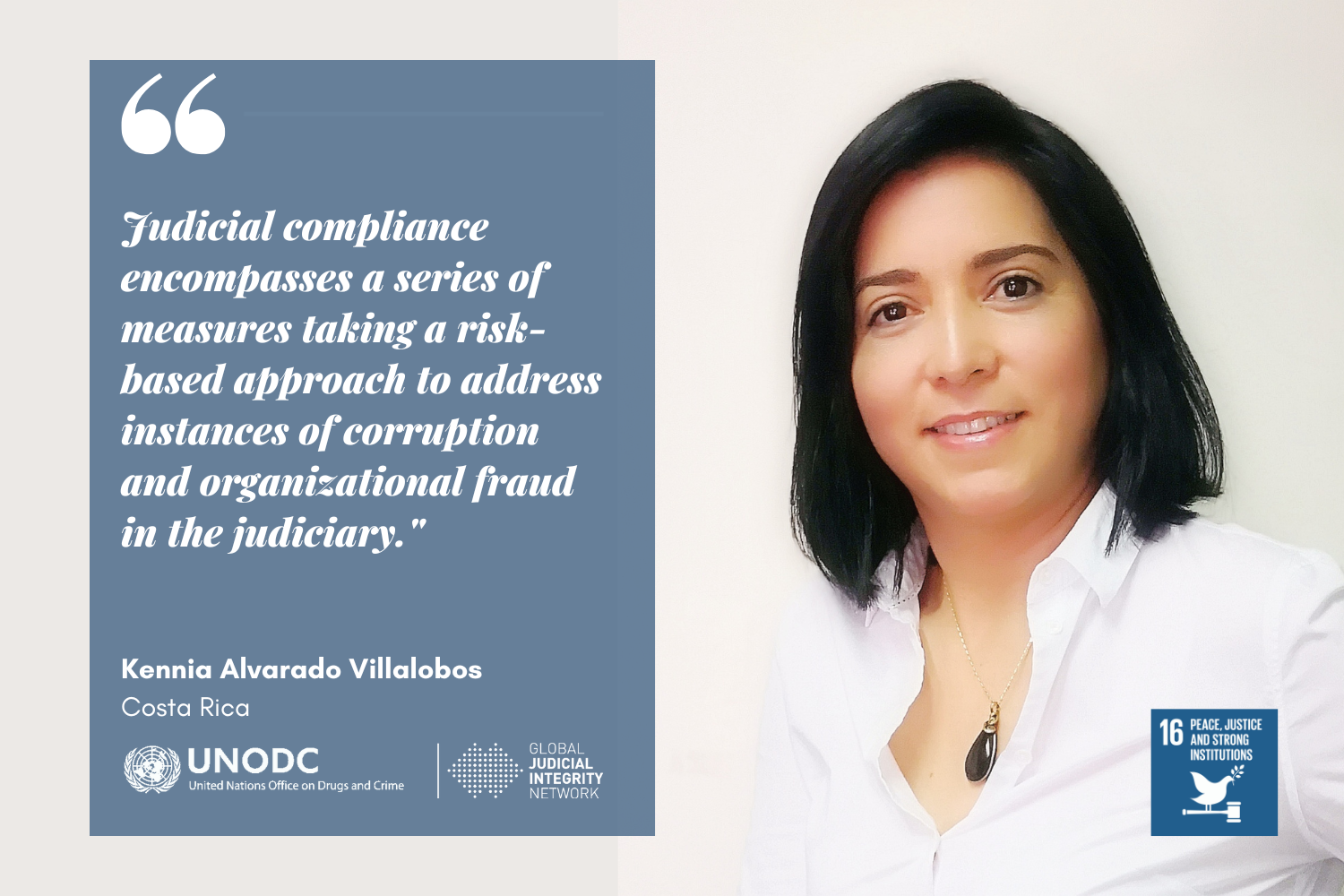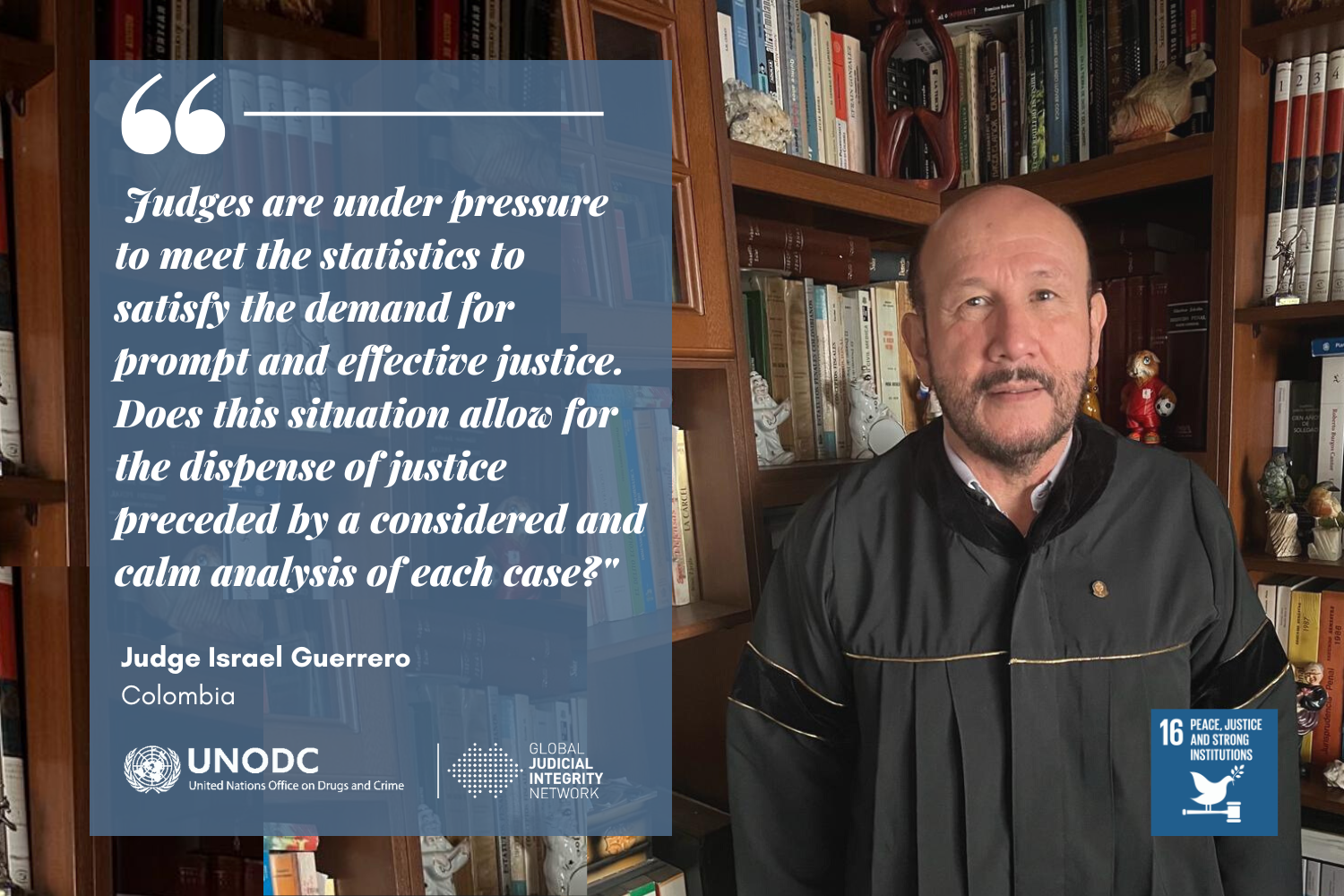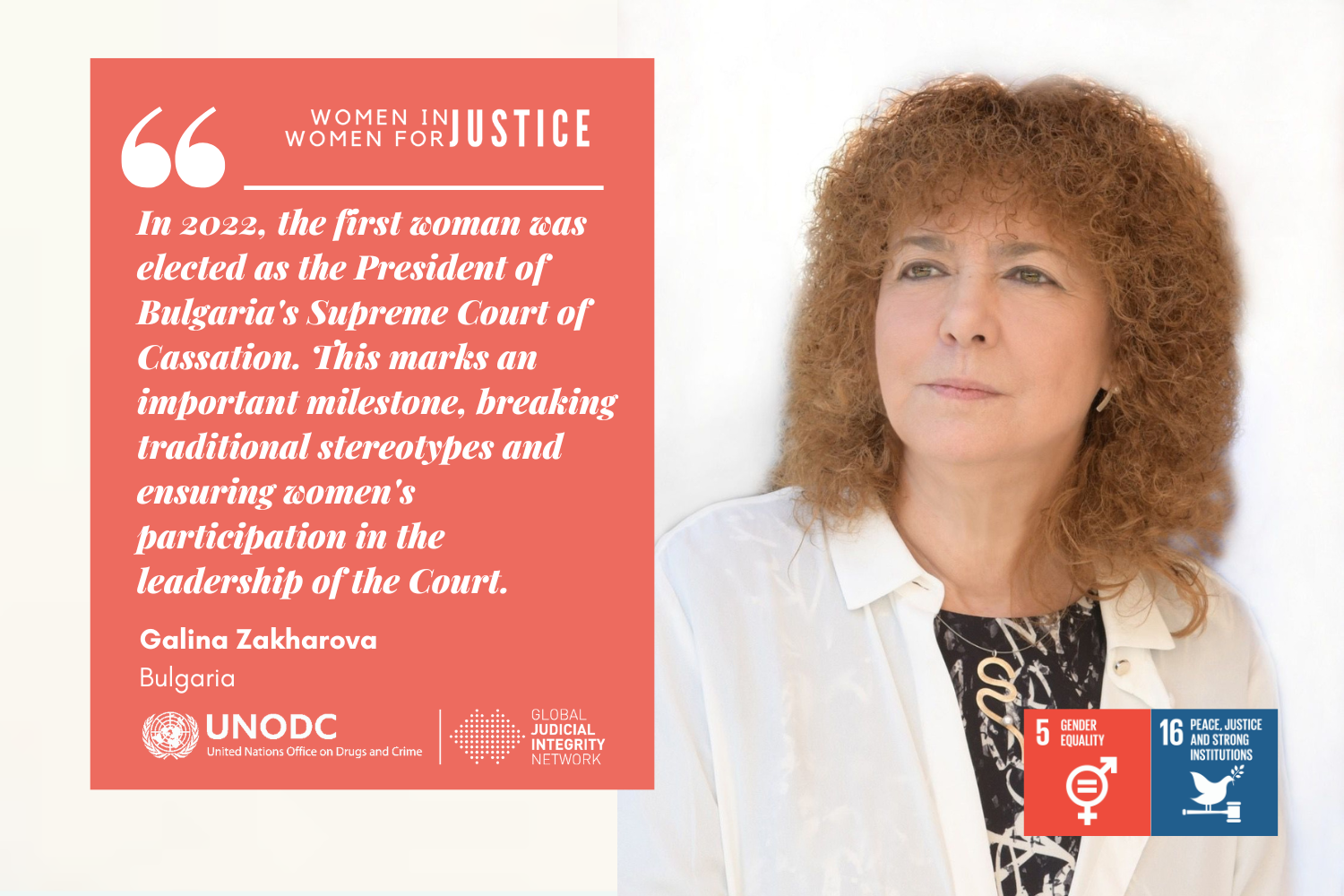Defence Rights in Remote Justice Procedures
By: Ilze Tralmaka
Ilze Tralmaka is a Legal and Policy Officer working for Fair Trials, an international organization focused on promoting the right to a fair trial. All opinions expressed in this piece are solely those of the author as an external expert and do not necessarily reflect the official position of UNODC.
______________________________
The global COVID-19 pandemic is bringing to the forefront the weaknesses of criminal justice systems across the globe to ensure access to justice. Many states have resorted to closing courthouses and delaying proceedings as social distancing measures to prevent the spread of the virus. A key common feature of these measures is to keep defendants away from courthouses and even away from their lawyers. However, a defendant's right to be tried in person in an open court is a fundamental component of the right to a fair trial enshrined in Article 14 of the International Covenant on Civil and Political Rights.
Countries are resorting to video or telephone conferencing to ensure access to justice remotely, but while these tools can seem like the obvious choice for keeping the courts operational during the emergency, using them without appropriate safeguards poses significant risks for defendants' right to a fair trial.
Remote justice is nothing new. Research has shown that appearing in a virtual hearing via video link is not the same as appearing in person with the support of a lawyer and perhaps friends and family in the courtroom. Defendants often see a fragmented view of what a process in a courtroom is supposed to be. Without a lawyer in the same room to guide them, the reality is that many defendants struggle to understand what is happening in their own criminal trial. The effects of isolation can be even harder on vulnerable defendants.
Remote justice is also difficult for judicial stakeholders. Seeing the parties through video link also makes it harder for the judges to pick up on non-verbal communication elements and to spot when the defendant is struggling, especially with technology not working properly throughout the hearing. Some research suggests that this can result in harsher sentences. To prevent violations of fair trial rights, states need to expand legal aid programmes to make sure that no defendant is unrepresented in remote hearings for financial reasons.
To prevent violations of fair trial rights and uphold the fairness of remote proceedings, Fair Trials has produced recommendations to guide states in setting up remote justice systems and is constantly monitoring how criminal justice systems are responding to the ongoing crisis.
It is essential that lawyers have meaningful access to their clients in private before, during and after the hearings. Inability to meet in person with their clients in prisons and police stations must be compensated by extending phone and video call rights. Lawyers and defendants also need to have timely access to the case files to prepare for the hearing and, where necessary, to submit their evidence. In addition to video cameras and microphones, the equipment for remote hearings needs to allow for the meaningful examination of evidence.
This is the time when a lot of learning and discovering is being done in terms of remote access to justice and there may be useful lessons to learn and bring forward. However, the learning cannot be done at the expense of the right to a fair trial. In the best case, failure to provide appropriate safeguards for fair trial rights will lead to increased workload for the appellate courts. In the worst, there will be another group of long-term victims of this crisis.


